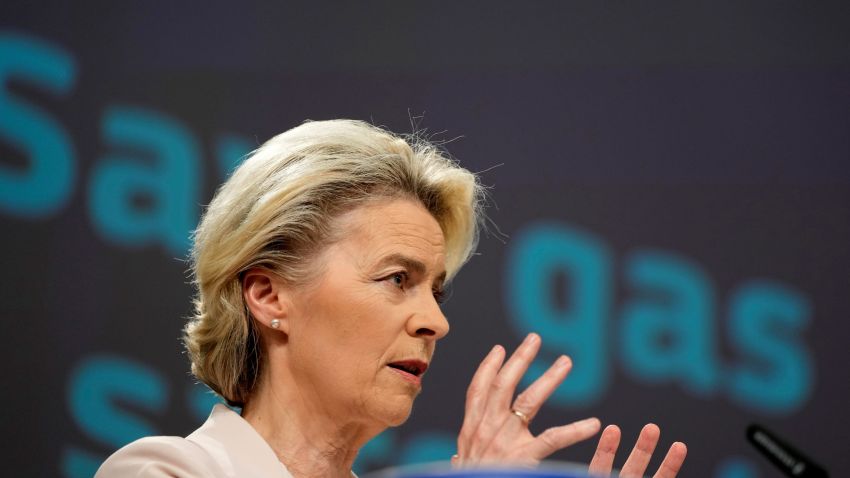European Union officials are putting on a brave face over this week’s approval of a plan to ration natural gas this winter to avoid an energy crisis in case Russia makes additional cuts to its exports to the continent. But despite the EU’s public display of triumphalism and unity, the measures adopted in the plan are more limited than originally conceived. The plan was only approved by a majority after national energy ministers carved out so many exemptions and loopholes for their governments that they almost made Swiss cheese of the European Commission’s original proposal. Even then, the final vote saw one dramatic rejection from Hungary.
On one hand, the successful passing of the plan into law in just a week shows the EU’s determination to act with urgency. The initiative, which could involve forcibly closing segments of industry—beginning with ones where fuel supply-switching is possible, followed by “non-essential” businesses—is a big step. But the discussion in the lead-up to the vote revealed many cracks in the EU’s public display of solidarity. Many members from the union’s south, including Spain, Portugal, Greece and Cyprus, couldn’t resist pointing fingers at Germany for making energy decisions over the years that they say have created a bloc-wide dependence on Russian energy imports.
This group questioned why countries that took more proactive steps toward energy independence and security should now have to bail Germany out. “Contrary to other countries, Spain hasn’t been living beyond its means in energy terms,” Teresa Ribera, Spain’s green transition minister and deputy prime minister, said last week. During negotiations ahead of Tuesday’s vote in Brussels, she succeeded in obtaining an exemption from the mandatory gas rationing for countries like Spain and Portugal that are not connected to the EU’s gas grid. Other countries like Ireland and the Baltic states that are not connected to the EU’s electricity grid were also successful in getting an exemption.

